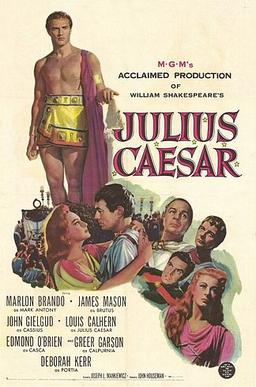 |
| William Holden and June Allyson in Executive Suite |
It has been called "Grand Hotel in the boardroom" more than a few times, because what it has in common with Edmund Goulding's 1932 best picture winner is that it was made by MGM and features an all-star cast. Executive Suite doesn't have much else in common with the earlier film, which was an entertaining stew of intrigue among the glamorous guests of a Berlin hotel. This is a story about power plays in a Pennsylvania furniture manufacturing company, which is about as glamorous as it sounds. The company's president has died without leaving a designated successor. We even see him die -- or rather, we die with him, as the film opens with a subjective camera as Avery Bullard leaves his Manhattan office to take a plane to Pennsylvania for a meeting with his vice-presidents. Through his eyes we see employees greet him as he leaves his office, the elevator doors closing on him, and finally the sidewalk as he collapses from a stroke. A passerby filches the wallet he drops, empties it of cash, and tosses it in a trashcan, thereby postponing the identification of his body. So much for any real action in the movie: The rest is talk, as the company's vice-presidents gather for the meeting and then gradually learn of his death. But one person knew of Bullard's death before them: George Caswell (Louis Calhern), a member of the company's board of directors who from his office window saw Bullard's body taken away by an ambulance and now uses this knowledge to try to pull a fast one with the company's stock. Eventually, there will be a struggle among the vice-presidents to take over Bullard's job as president. It will pit Loren Shaw (Fredric March), the bean-counting company controller, against Don Walling (William Holden), the v.p. for development who is excited about a new manufacturing technique he and his staff have been working on. And that's about as dramatic as it sounds. We all know that Walling will triumph over Shaw, probably because Walling has a nice, faithful wife played by June Allyson and a son who plays Little League baseball, and Shaw doesn't. It looks for a long time like Shaw will win, partly because he is in cahoots with Caswell, promising to make his stock deal work in exchange for his vote. Walling has to win over the other members of the board, who include old-timer Fred Alderson (Walter Pidgeon), who is on his side from the start; Walter Dudley (Paul Douglas), the v.p. for sales who is carrying on an affair with his secretary (Shelley Winters), making him susceptible to blackmail by Shaw; and most crucially of all, the daughter of the company's founder, Julia Tredway (Barbara Stanwyck), who had been involved in a frustrating love affair with Bullard and now threatens to dump her stock in the company. In the end, Walling triumphs with a big speech about the company's ideals and how they're being undermined by Shaw's insistence that the only thing that matters is the stockholders' return on investment, which has led to the construction of cheap and shoddy products. It's a sentimental fable about the "good capitalist" that mercifully doesn't indulge in the red-baiting that might have been expected in a film of the 1950s but ultimately rings false. Ernest Lehman's screenplay does what it can with Cameron Hawley's novel, Robert Wise directs as if it were a better film than it is, and Nina Foch won an Oscar for her role as the company's capable executive secretary, the only woman in the film who isn't completely under the thumb of the men. A trivia note: The narrator and the off-screen voice of Tredway is future NBC newman Chet Huntley.


